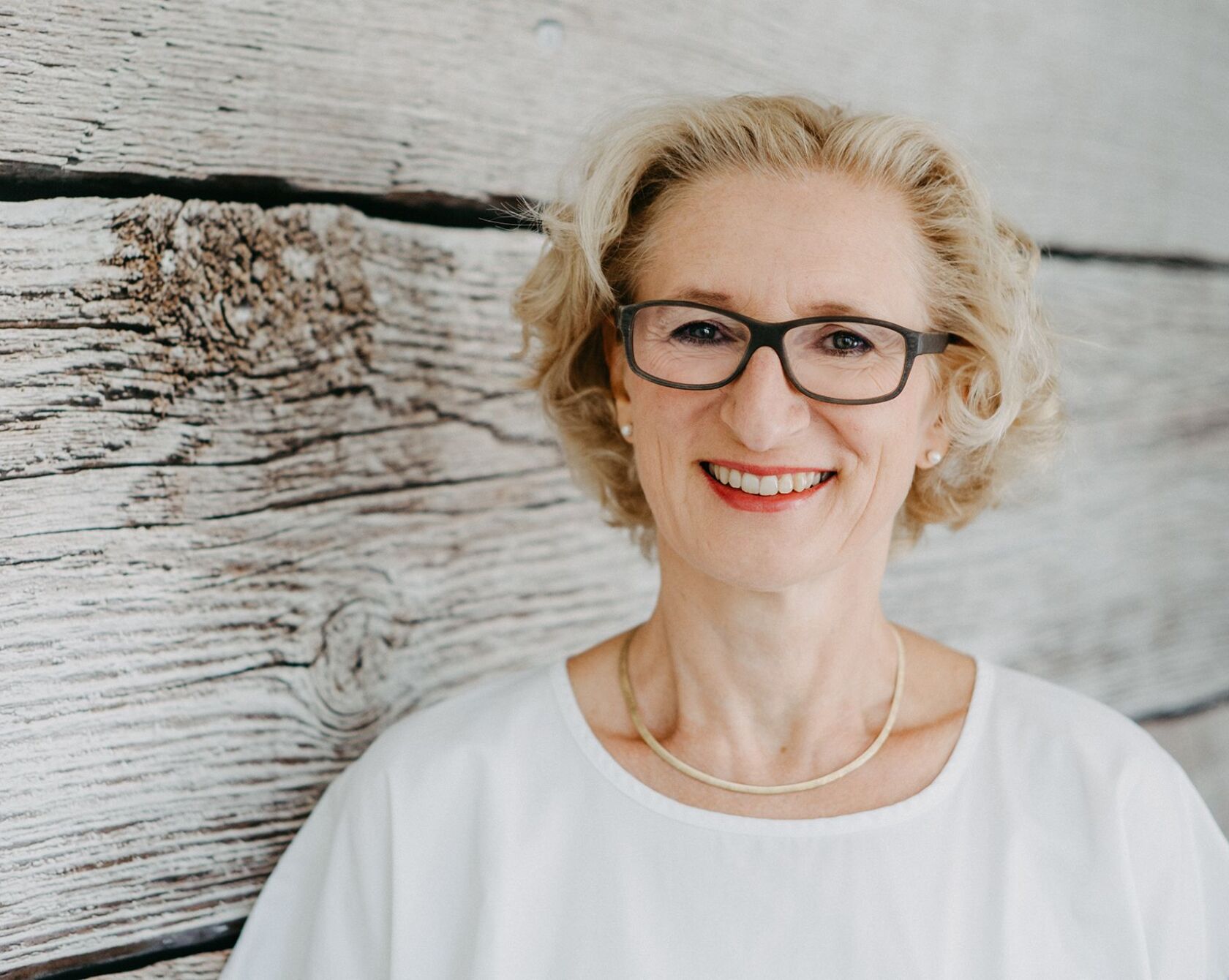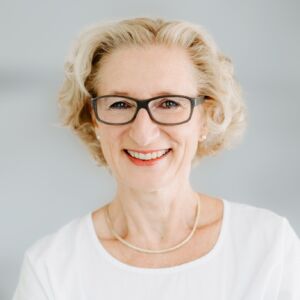Involuntary childlessness can become a great burden for couples. Brigitte Leeners is a specialist in fertility treatments and director of the University Fertility Center at the University Hospital Zurich. She and her team help couples become parents.
Ms. Leeners, it is said that every sixth couple in Switzerland is involuntarily childless. When should a couple have medical tests if pregnancy does not occur?
We recommend couples who wish to have a child to see a fertility specialist at the latest after one year of “trying” without success. For couples over 35, we advise even earlier.
For what reasons does it not work?
There are many medical reasons why pregnancy does not occur, such as missing or damaged fallopian tubes, hormonal disorders of egg maturation, too few or insufficiently mobile sperm. Today we know that it is just as often the fault of the man as of the woman if it does not work out with the desired child as one had imagined.
Are there also age limits for fertility treatment?
There is no legal upper limit for fertility treatment. But nature sets limits to the chances of success in treatment. A woman’s fertility declines rapidly after the age of 35 and above 43 the chances are minimal. The proportion of oocytes with abnormalities increases rapidly during this period. Likewise, the risk for both mother and child increases with age. In principle, we therefore offer the procedures in vitro fertilization (IVF) and intracytoplasmic sperm injection (ICSI) until the woman reaches the age of 43. It only makes sense in a few exceptional cases to exceed this limit by a maximum of one to two years.
Let’s say a couple comes to you. What does it expect?
Above all, we take a lot of time to get to know the couple and their situation, to advise them individually and to find the right path for them. First, we examine why there has been no child so far. In most cases there are biological reasons, only rarely is there a connection with excessive stress or psychological problems. This comprehensive assessment of both partners is the basis for choosing the therapy that promises the most success.
They represent a holistic approach to treatment and also have psychotherapeutic training. What advantage does this give couples?
It is important to address social and psychological aspects and to be able to provide sound advice on this. Childlessness, but also treatment, can become a burden, for both woman and man individually and for both as a couple. Unsuccessful treatment cycles and, in the end, for some, the farewell to the desire to have children are difficult situations. In about 70 percent of all couples who undergo treatment with us, the path to the desired child is successful. Despite this success rate, it must be seen: About 30% of couples remain childless despite treatment.
What are the arguments against treatment?
In counseling, we also need to look at whether a couple can fulfill the role of parents, the relationship is stable, and they can likely care for a child until they reach adulthood. Severe health problems may therefore stand in the way of the desire to have a child and must be carefully assessed. For example, if the woman has a disease that, together with pregnancy, can be life-threatening. However, it is very rare that we have to refuse treatment.
What happens after the decision to treat has been made?
The couples then often have a longer road ahead of them. In vitro fertilization (IVF) is more complex for the woman than for the man. This, by the way, can make men feel guilty – especially if they are the reason for fertility problems. After hormone treatment, which promotes the growth and maturation of the eggs, eggs are collected from the woman. In the laboratory, these are then fertilized with sperm and cultured in an incubator for up to five days. Then one, or more rarely two, embryos are transferred into the uterus – and the hoping begins.
Fertility Center
You wish to have a child, but your wish did not come true until now? You are not alone in this. Every sixth couple in Switzerland is involuntarily childless – and the trend is rising. We help you to make your dream come true.
So there is no “guarantee of success”?
The individual steps of artificial insemination can be performed much more precisely today than they were just a few years ago. This has increased the chance of having a child to 70 percent. The chance of becoming pregnant during a cycle is 35 to 40 percent. If it does not work, the process is repeated. Since the retrieved eggs can be frozen, the physical strain on the woman during subsequent attempts is less than during the initial retrieval of the eggs. If there is no success after the third treatment, the parties involved decide whether and how to proceed further.
What are the risks of the treatment?
The treatment is better tolerated by most women than they expected. During the preparation phase, irritability may occur due to hormone administration – however, most women do not notice any changes. The actual stimulation phase – although the injection is of course unpleasant – is very well tolerated by the vast majority of women.
Where do you see the crucial points for success? How should couples choose a fertility center?
Our success rate is the result of our careful process, we also work with state-of-the-art laboratory equipment and use the latest techniques. In addition, there are very practical aspects, such as the availability by telephone for our IVF patients even on weekends or the possibility of scheduling appointments for early morning. Preliminary examinations can all take place at the USZ. Another strength of our fertility center is the constant, personal care with absolute discretion. For all our professional expertise, it is very important to us that couples feel comfortable with us.
Prof. Dr. med. Brigitte Leeners is Director of theClinic for Reproductive Endocrinology at the University Hospital Zurich. She is a specialist in gynecology and obstetrics with a specialty title in gynecological endocrinology and reproductive medicine and has psychotherapeutic, body therapy and sexual medicine training.

